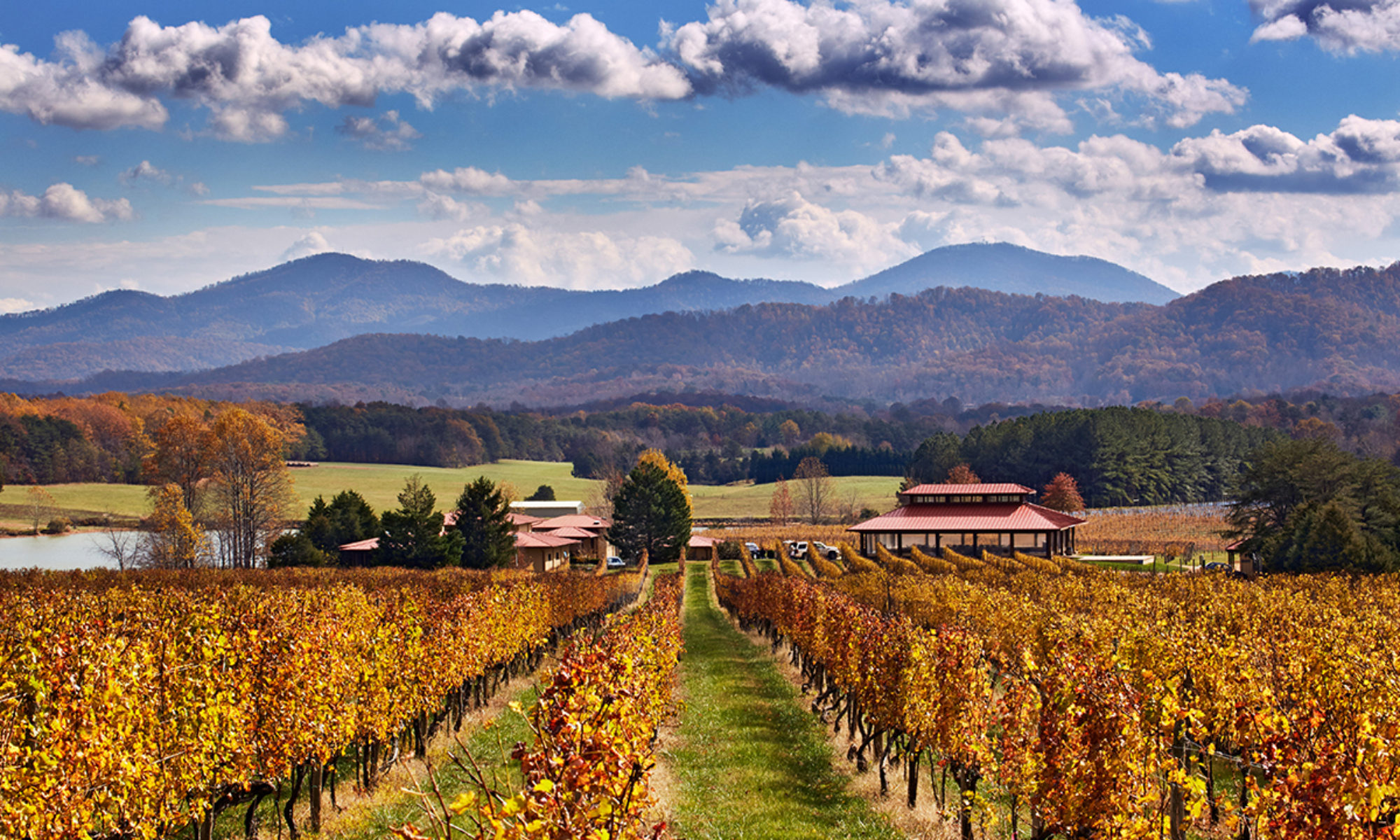General’s Ridge Vineyard
• In Hague, in the northern part of the Northern Neck. About two hours from Washington. Owner Rick Philipps is a former marine Major General from the California wine country. General Ridge’s is drawing on the support of Virginia superstar winemaker Michael Shaps, and this shows in the results of their wines in recent competitions.
• Wine. Among the Top 100 wineries in Virginia. Two gold medals (for the 2014 Petit Verdot and the 2016 General’s Reserve) back in the 2019 state-wide Virginia Governor’s Cup wine competition, which drew on close to 500 entries. Also two silver medals for their Petit Manseng and Cabernet Franc. At the 2020 Governor’s Cup, was awarded six silver medals, for the 2014 Cabernet Franc and Petit Verdot, 2015 Petit Verdot, a Viognier, a Pinot Grigio and a General’s Reserve. A wide range of white and red offerings, including the General’s Nightcap, a dessert wine. A number of medals won in the 2014 and 2015 Virginia Wine Lovers magazine readers’ choice voting, for the Cabernet Franc, Petit Verdot, Viognier and General’s Nightcap. Reds on the lighter side. The GRV white is traminette-based.
• Setting. Nice view of the vines, but no mountains. Relatively large vineyard, with 33 acres. Food available. The renovated barn dates back to the 1800s. The Manor House has three available bedrooms for making an evening of it.
• Stories. The War of 1812. Just north of General Ridge’s on Route 202 is a reminder of an earlier military engagement in the Northern Neck. A roadside historical marker near where Route 202 crosses Nominy Creek and commemorates one of the British landings of the War of 1812. The marker reads: “On 20 July 1814, Adm. Sir George Cockburn sent about a thousand marines ashore at Nomini Ferry to attack the Westmoreland County militia under the command of Lt. Col. Richard E. Parker. Parker’s Virginians bravely defended their positions, but were soon outflanked by superior British forces and forced to retreat to Westmoreland Court House (Montross). Before they left the next morning, the British marines burned and destroyed a number of houses and several plantations in the immediate area and ransacked nearby Nomini Church.” The War of 1812, which came soon after American independence and in the latter phase of the Napoleonic wars in Europe, was a mostly naval conflict which found the newly minted United States largely unprepared to engage in conflict (the lack of a standing army or navy proved to be a problem…). The British were able to sack Washington, and their naval blockade did major damage to the US economy. Nonetheless, the Americans were more successful than expected, notably in several naval battles, in defending the Great Lakes area, and turning back the siege of Baltimore – which led to the writing of The Star-Spangled Banner by Francis Scott Key. A late 1814 Treaty ended the war without clear victory, but simply being to hold its own to a point, against what then still remained the greatest naval power in the world, was seen as a major shot in the arm for the young republic.
